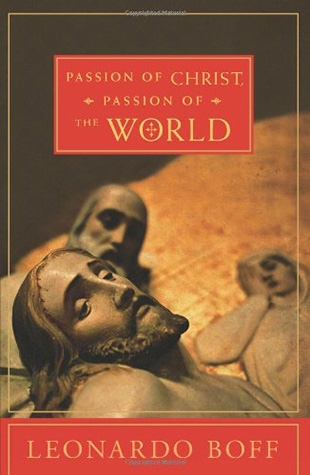Leonardo Boff is Brazil's best-known theologian and author of more than 60 books including Cry of the Earth, Cry of the Poor. He is profiled at Spirituality & Practice as a Living Spiritual Teacher. In this heavy-duty theological work, Boff examines the meaning of Jesus' death on the cross in light of the situation in the 1970s when this book was originally published. Boff sees the death of Christ as a crime that delivers a blow to all oppressive practices and denounces all powers that derive satisfaction out of suffering and death. It makes clear that "the glory of God does not consist in human suffering, deprivation, spoilation, and daily crucifixion."
Boff notes that the socio-political situation of Jesus echoes the situation out of which Latin American liberation theology was birthed. Both take sides with the oppressed and respect the freedom of others. Both were seen as disturbers of the peace and dealt with harshly. Both sought to bear witness to the kingdom of God and to the diabolical nature of violence and revenge. Boff and many other liberation theologians interpret Jesus' resurrection as "the victory of life, the victory of the rights of the oppressed, the victory of justice for the weak."
Boff rolls on with summaries of how the early church and theologians down through the centuries have interpreted Christ's death. Among these are three traditional models: 1.) Expiatory Sacrifice for the Sins of His People, 2.) Redemption as Ransom — "Crushed for our iniquities, 3.) Vicarious Satisfaction — "By His Bruises We Are Healed." The author offers his perspective: "The cross is not there to be understood. It is there to be taken up."
Boff ends with a profound meditation on "How to Preach the Cross of Jesus Christ Today." Robert R. Barr has translated this volume from the Portuguese.
